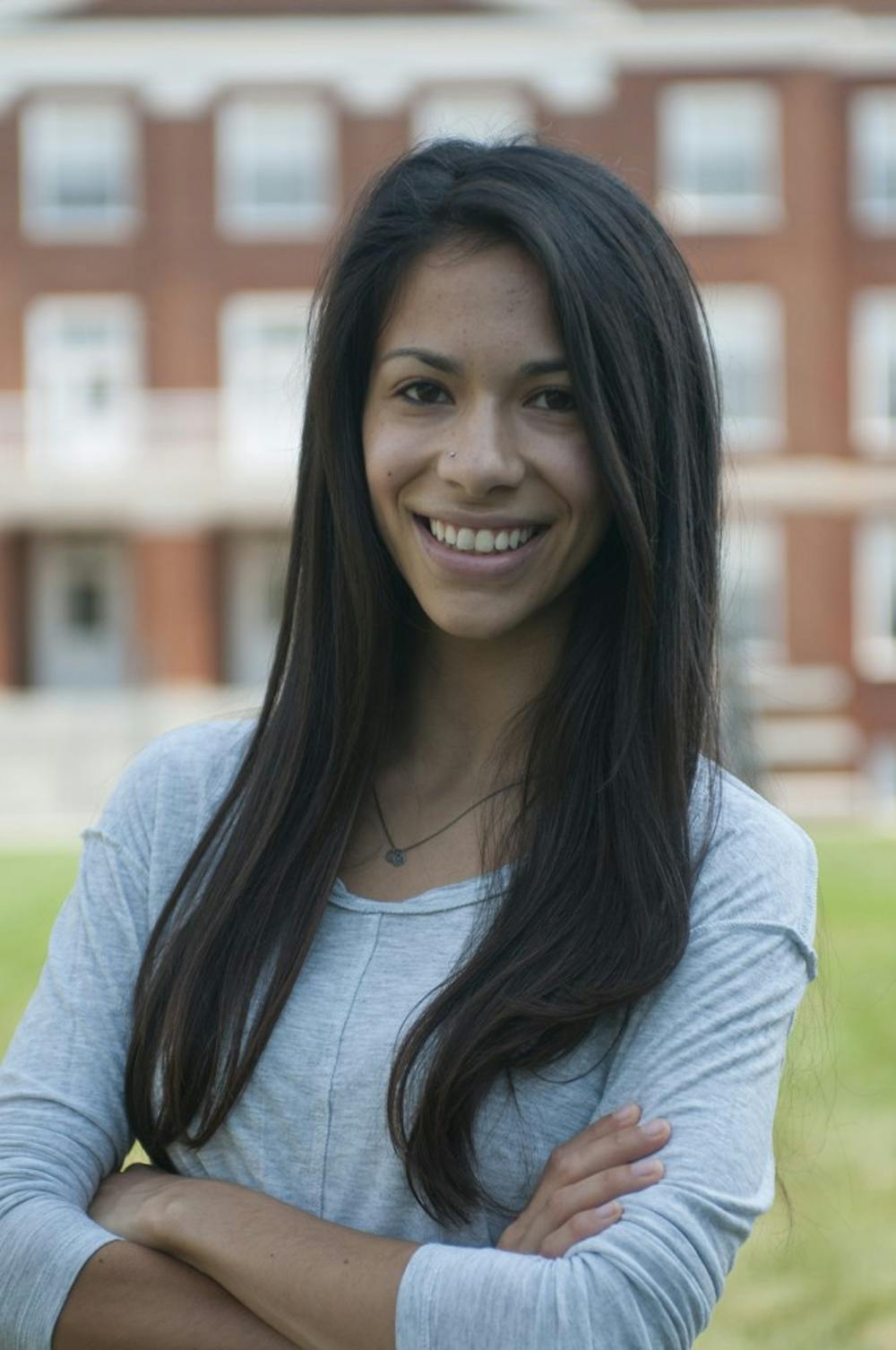This summer, the United Nations hosted the fourth annual Girl Up Leadership Summit in Washington, D.C. Fourth-year College student Annie Plotkin attended the conference, which gave girls from countries all over the world an opportunity to talk about the issues women face today.
Plotkin spoke on a panel at the summit, and had the chance to meet and listen to inspiring women, including the previous editor of Seventeen magazine, Ann Shocket and the senior editor at Mic and a member of Forbes’ “30 Under 30” list, Liz Plank.
Plotkin said she did not expect to meet Plank, and was shocked when she did meet her on the first day.
“And I totally [fell] to pieces. I was like, ‘Oh my god. It’s you.’ She was so nice. She was so, so nice, and we ended up hanging out the next day,” Plotkin said.
Plotkin also had the chance to hear First Lady Michelle Obama address the room of 200 young women.
“People were freaking out and she gave a really impassioned speech,” Plotkin said. “She started talking about her daughters and started tearing up. I was maybe 40 feet away from her and she’s such an impressive person. It was amazing.”
On her own panel, Plotkin discussed the importance of learning about the diversity of the human experience and how vital it is to being an engaged, global citizen. Her discussion was inspired by personal experience.
After her senior year in high school, Plotkin took a gap year in Brazil through a program called Global Citizen Year — the same organization Plotkin represented at the Girl Up Summit. On the panel, Plotkin talked about how vital her year in Brazil was for her own development.
“I talked about expanding your horizons and disrupting your sense of comfort and how you see the world,” Plotkin said.
While Plotkin was surrounded by famous female leaders, she said the young women attending the summit impressed her as well.
Plotkin's co-panelist, a 15-year-old Girl Up representative from Belize described starting a debate club for girls in her community. What started out as a club in her grandmother’s basement with a group of girls turned into a community center for sports and debate funded by the United Nations. The center gave participants the confidence to start raising their hands and speaking up in class.
“If I’ve learned anything in a lot of women studies classes, it’s that women often can be ignored in a meeting setting, or when they’re trying to contribute something, it can be pushed aside,” Plotkin said.
A lot of the panel conversation also revolved around empowerment — what empowerment means, what an empowered person looks like and what makes someone feel empowered. For Plotkin, the key to empowerment is education.
“Knowing your stuff and having read the literature, knowing what’s going on, being aware [and] being able to say, ‘No, I know this. I’m good at this. I can speak to it,’ is really important,” Plotkin said. “It gives you a sense of confidence that you can speak to something and have an important voice.”
On Grounds, Plotkin studies Political and Social Thought, a program she feels has greatly enriched her University experience. Through PST, Plotkin has been able to pursue ideas and issues she is passionate about, like gender, the environment and economic and racial justice.
In the future, Plotkin is thinking of pursuing a career in fundraising.
“What I like about fundraising is that, if you’re good at it, you can work in a lot of different places,” Plotkin said, “And I’m very passionate about racial, economic, gender and environmental justice.”







